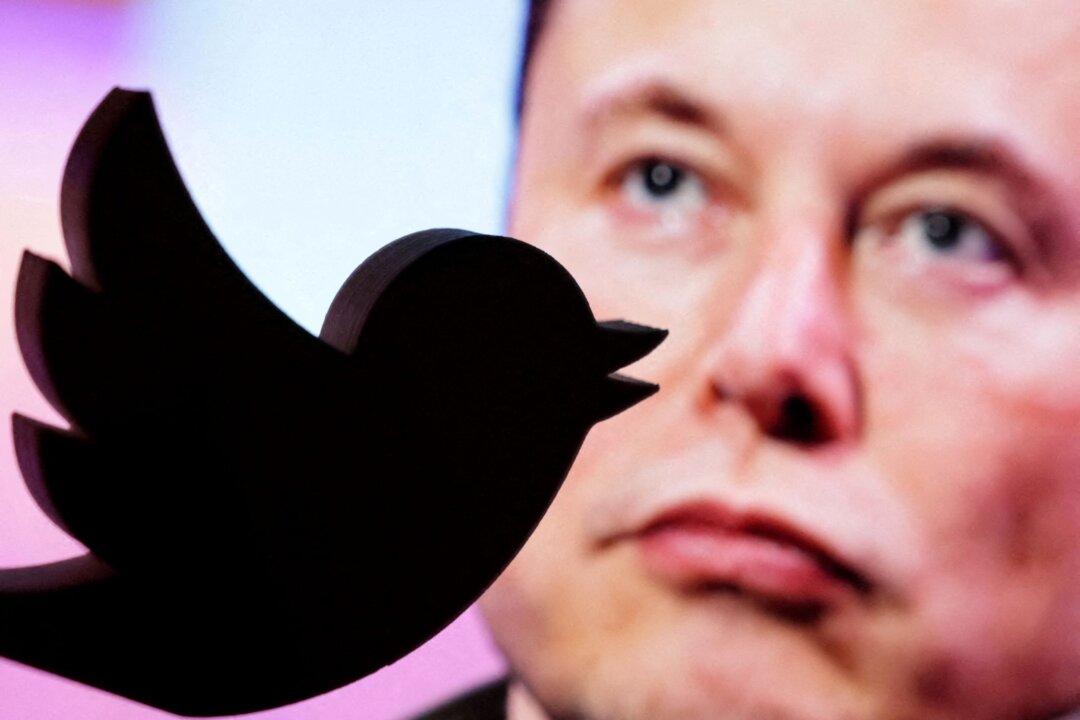Elon Musk said Twitter employees had an internal group on Slack that was a fan club for White House chief medical adviser Dr. Anthony Fauci, with Musk hinting that this shows Twitter staff’s political leanings under prior management.
Musk, who was strongly opposed to COVID-19 lockdowns that Fauci had backed, made the remark in a thread on Twitter on Dec. 28.





